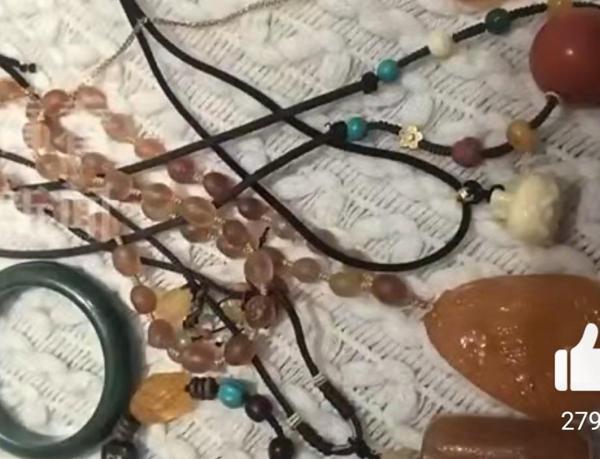Jewelry Store Owner's Legal Responsibility in Exploiting Teen's Misjudgment
A teenager sold her mother’s valuable jewelry collection worth millions for just 60 yuan at a bird and flower market. The store owner knowingly purchased authentic jewelry without proper documentation, raising concerns about business ethics and consumer protection.

The recent incident at a Chinese bird and flower market has sparked widespread discussion about business ethics and consumer protection, particularly regarding transactions involving minors. The case centers on a teenage girl who took her mother’s valuable jewelry collection and sold it for a mere 60 yuan (approximately $8 USD), allegedly to get some pocket money.
The store owner’s conduct raises several significant legal and ethical concerns. Despite recognizing the jewelry as authentic pieces without proper documentation, the merchant deliberately undervalued the items and proceeded with the purchase. This behavior potentially violates multiple principles of Chinese business law, including fair trading practices and consumer protection regulations.
From a legal perspective, transactions involving minors in China are considered “pending validity” contracts that require guardian approval. The store owner’s decision to knowingly purchase valuable items from a minor at a fraction of their worth could constitute predatory business practices. Legal experts point out that this may violate Article 5 of China’s E-commerce Law, which mandates principles of fairness, honesty, and good faith in business transactions.
The incident also highlights broader issues in family dynamics and teenage behavior. While some commenters suggest the girl’s actions stemmed from typical teenage rebellion, others point to possible gaps in parent-child communication and financial education. The stark contrast between the family’s apparent wealth (owning valuable jewelry) and the daughter’s desperate measures to obtain pocket money suggests underlying issues in family relationships and money management education.
The resolution came when local police intervened after the mother reported the incident. The merchant eventually returned all nine pieces of jewelry after police mediation. This outcome demonstrates the effectiveness of law enforcement in protecting consumer rights, though it also reveals the vulnerability of young people to exploitation in commercial transactions.
The case serves as a reminder to business owners about their ethical obligations when dealing with minors and valuable goods. It also emphasizes the importance of proper documentation in high-value transactions and the need for merchants to maintain professional integrity regardless of potential profit opportunities.
For parents, this incident underscores the importance of open communication about family finances and teaching children about the value of money and possessions. It also highlights the need for appropriate pocket money arrangements to prevent extreme measures by teenagers seeking financial independence.